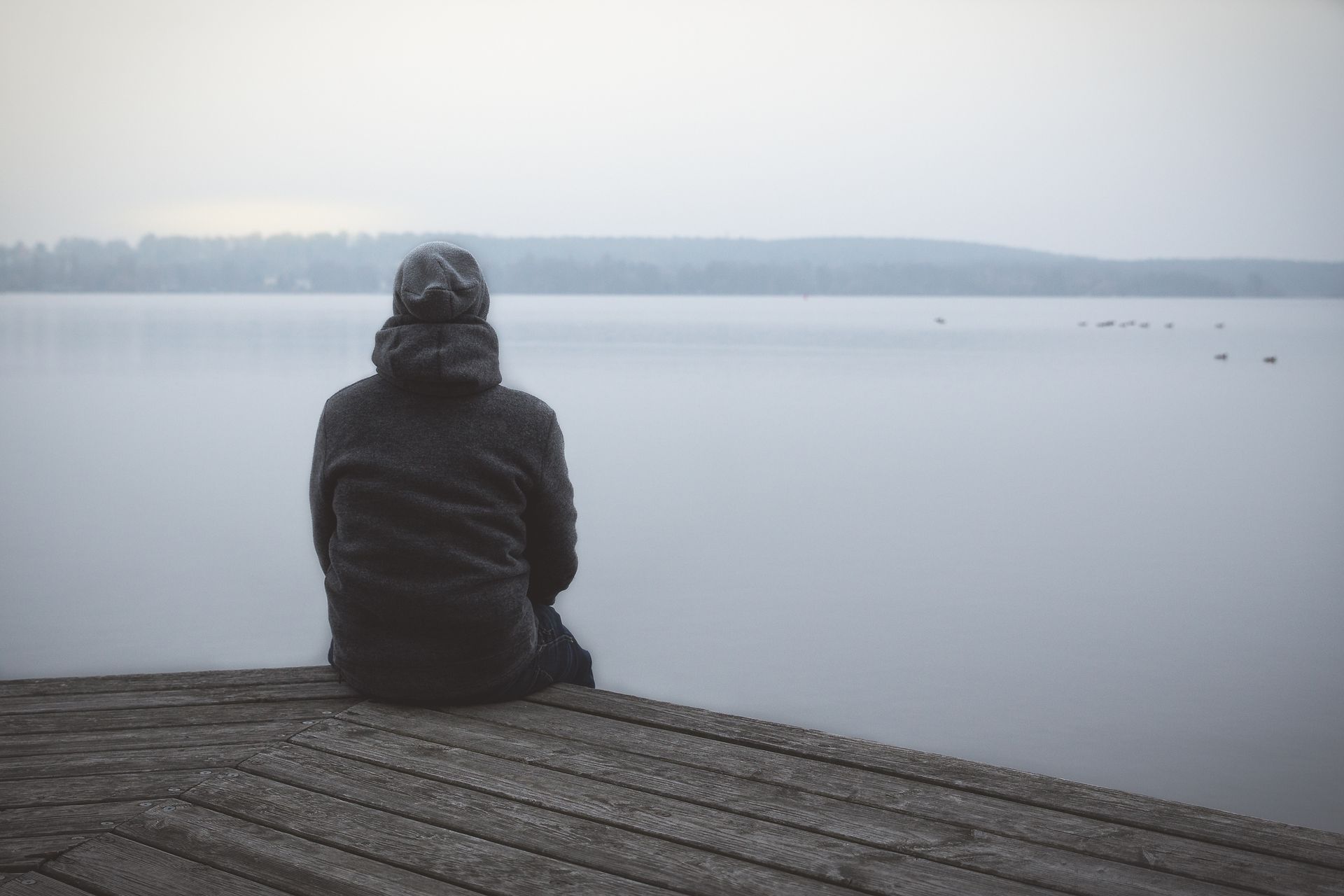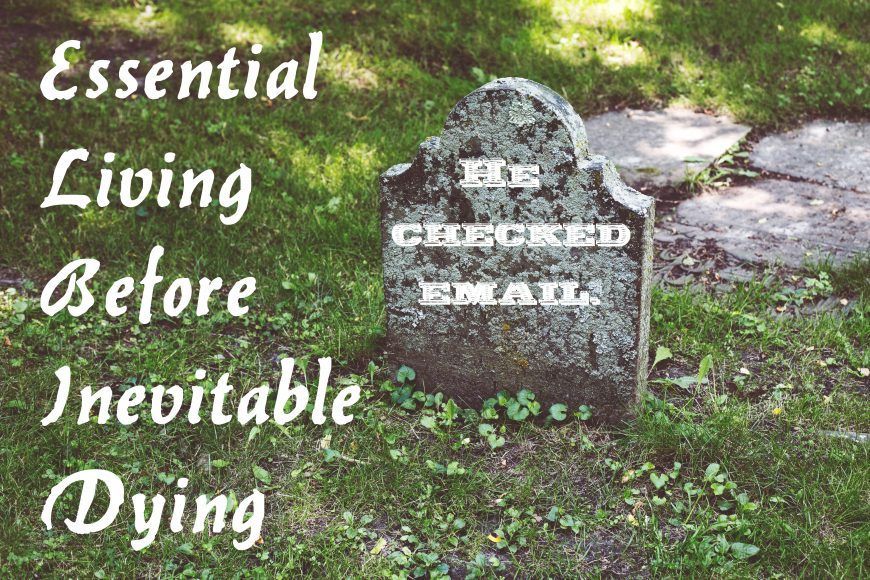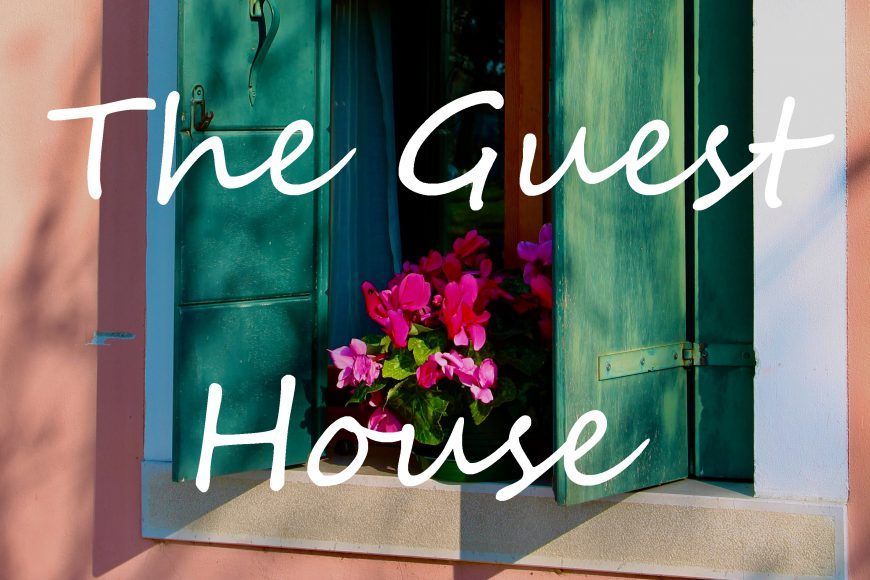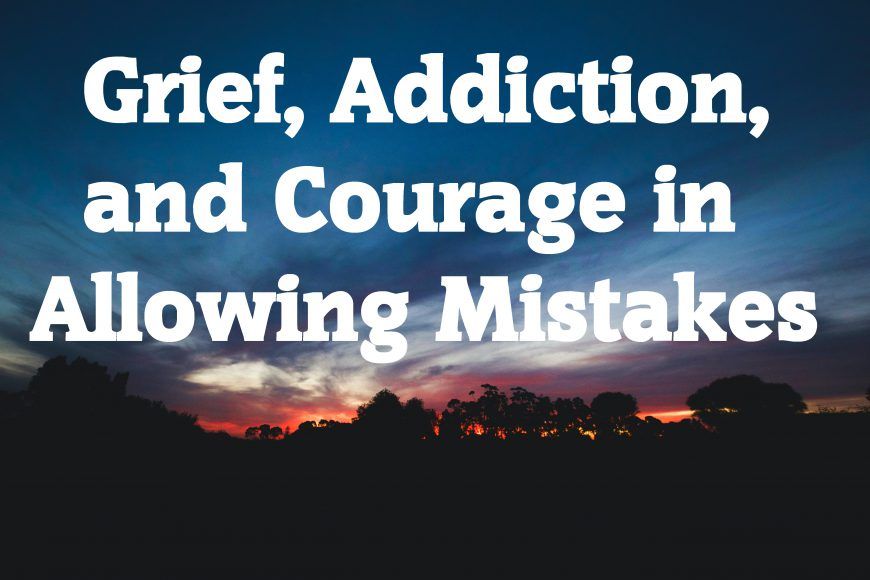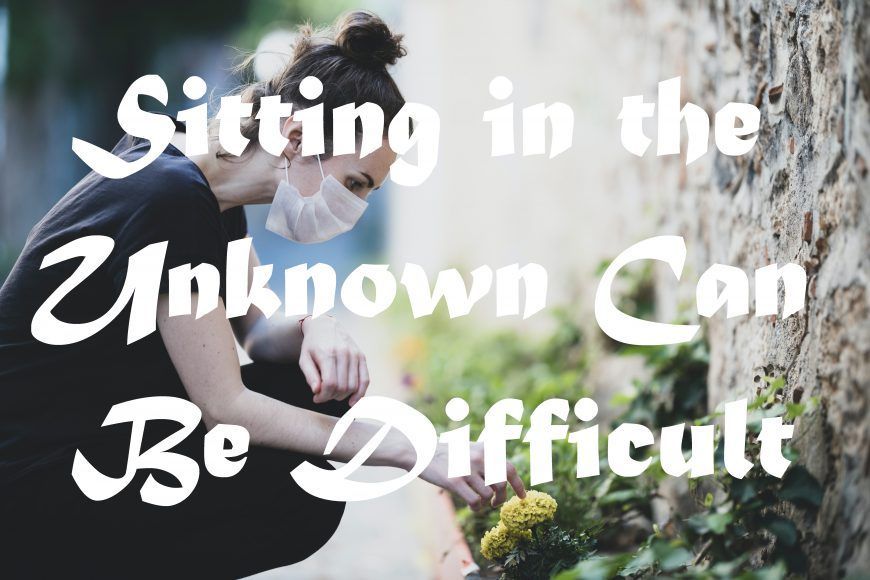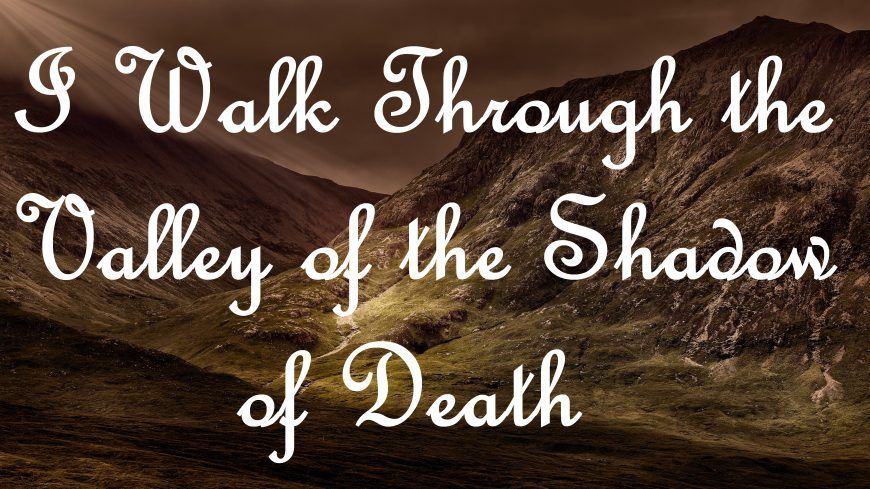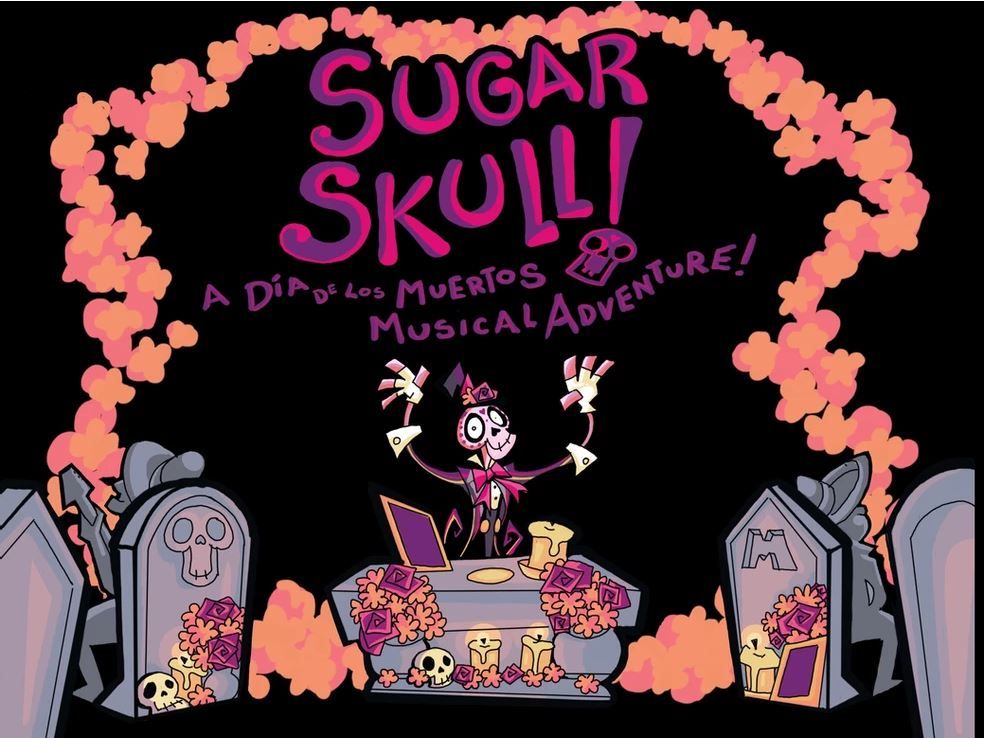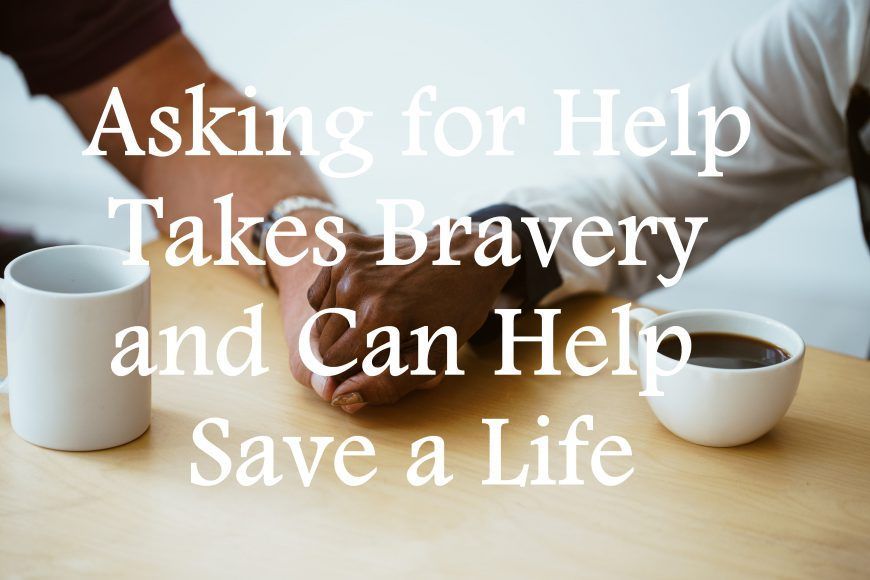Grieving Children: Resources to Help Them & You
Resources to Help Grieving Children
The loss of someone we love can leave us speechless, distraught, physically and emotionally hurt. As adults, we have years of life experience under us and yet when someone around us passes away, all that experience ultimately seems moot. Death and loss have tremendous effects on us so one can only imagine, or try to imagine, what grief must be like for a child. Children are especially in need of support and that support can sometimes feel beyond our capabilities. We have put together a list of online resources that link to books, blogs and articles and further resources relating to grief support. Additionally, many of these resources are National and International non-profit and charity organizations that offer services to both parents and children. Finally, we have also included a list of local and National summer camps aimed specifically at grieving children and teens.
Grief Support Online/Programs:
When dealing with children it is important to understand the right approach towards grief counseling (not that any approach is necessarily the right one). Thankfully there exists a plethora of wonderful online resources as well as bereavement organizations on this list to help you. You can not only educate yourself but use their resources to allow your child to find their path towards wellness. Some websites are aimed at adults and will teach you to help and cope with a grieving child or teenager while others are aimed specifically at children and teens themselves.
-
Artwithheart.org – A non-profit art & grief organization sharing stories, books and programs for children and teens.
-
Childgrief.org – A helpfull website for adults with plenty of resources and tips for dealing with grieving children.
-
Rainbows.org – Rainbows is an international, non-profit organization that fosters emotional healing among children. It has online resources as well as community resources.
-
Foundationforgrievingchildren.org – A resource that lists dozens of grief support groups and programs across North America.
-
Parentswithoutpartners.org – An international resource for parents with children who have lost a partner.
-
Kidsaid.com – A website with stories and art for children and by children.
-
Marysplacect.org – A center for grieving families in Conneticut, it also has a variety of helpful online resources and articles on its website.
-
Dougy.org – A national center for greiving children and families. It has a lot of resources and links. It provides support in a safe place where children, teens, young adults, and their families grieving a death can share their experiences.
-
Allianceofhope.org – A blog aimed at those dealing with the loss of someone through suicide. It has incredible resources for children dealing with loss.
-
Childrengrieve.org – The National Alliance for Grieving Children’s website is a wonderful resource that includes lists of grieving centers, online learning seminars for parents and children as well as activities you can download and use with a child.
-
Psychologytoday.com – The Psychology Today blog is a helpful resource for better understanding how children can emotionally survive the death of a loved one.
- Moyerfoundation.org –
- Mastersincounseling.org – An incredibly helpful and extensive list dedicated to grief and bereavement counseling. It includes 115 blogs related to grief and loss, resources, care centres, etc.
Camps:
Grief camps have been growing in popularity amongst grief professionals and the reasons why are quite obvious. Camp is a time to forget about your troubles, meet new friends and enjoy new experiences. Couple this with experienced councillors and programs aimed at dealing with children’s grief and camp becomes an excellent option. Some of these camps are local day camps, some are camps that last one weekend per summer while others are summer-long sleepaway camps. Either way, many of these camps are supported by large organizations and are open to the public regardless of location.
-
Comfortzonecamp.org – Advertised as a fun and safe place for grieving children, this Virginia based summer camp has many activities and programs for children and adults alike.
-
Campgoodgriefsi.org – Open to Staten Island residents only, this summer camp provides a safe environment for children to share stories, comfort each other and most importantly, have fun.
-
Fairview.org – Grief professionals and trained volunteers at this Minessota camp aim to provide a fun environment for grieving children and teens. Camp Erin runs from July 25th – 27th, 2014.
-
Tomorrowsrainbow.org – A camp for kids where they get to interact with horses and other farm life as a means of effective recovery from loss.
-
Childrensgrief.org – A summer camp in New Mexico which offers traditional camp activities such as a challenge course, bonfire, songs and games, and it also provides a unique opportunity for kids who have lost a loved one to share feelings and memories with other kids who’ve been through something similar.
-
Tlcpc.org – Supports children and youth who are dealing with the death of a loved one. They offer many services including a camp. Their camps include all regular activities plus ones aimed directly at bereavement. Based in the Toronto area the next camp runs from May 30th-June 1st.
-
Camplivelaughlove.org – A weekend summer camp in Northern Michigan with plenty of activities. Camp will be from Friday, July 25th through Sunday, July 27th, 2014.
-
Annieshope.org – A chapter of Camp Erin, Annie’s Hope is based out of St-Louis. It is a 4 night/5 day, sleepaway camp for children and teens, ages 6-18, who are grieving the loss of someone significant.
-
Cornerstoneofhope.org – Cornerstone of Hope offers 3 different summer camps where children of all ages can meet new people, have fun and deal with thier grief.
-
Tamarackgriefresourcecenter.org – Based out of Montana, this camp offers it’s services to children, teenagers and adults! Activities, workshops, programs and more.
- Camperin.org – Camp Erin is the largest network of free weekend-long bereavement camps for kids and teens ages 6-17 who have experienced the death of someone close to them. Created and funded by The Moyer Foundation, Camp Erin is filled with traditional, fun, camp activities combined with grief education and emotional support facilitated by grief professionals and trained volunteers.
For More Resources, Interesting Facts And Information, Visit The Qeepr Community
